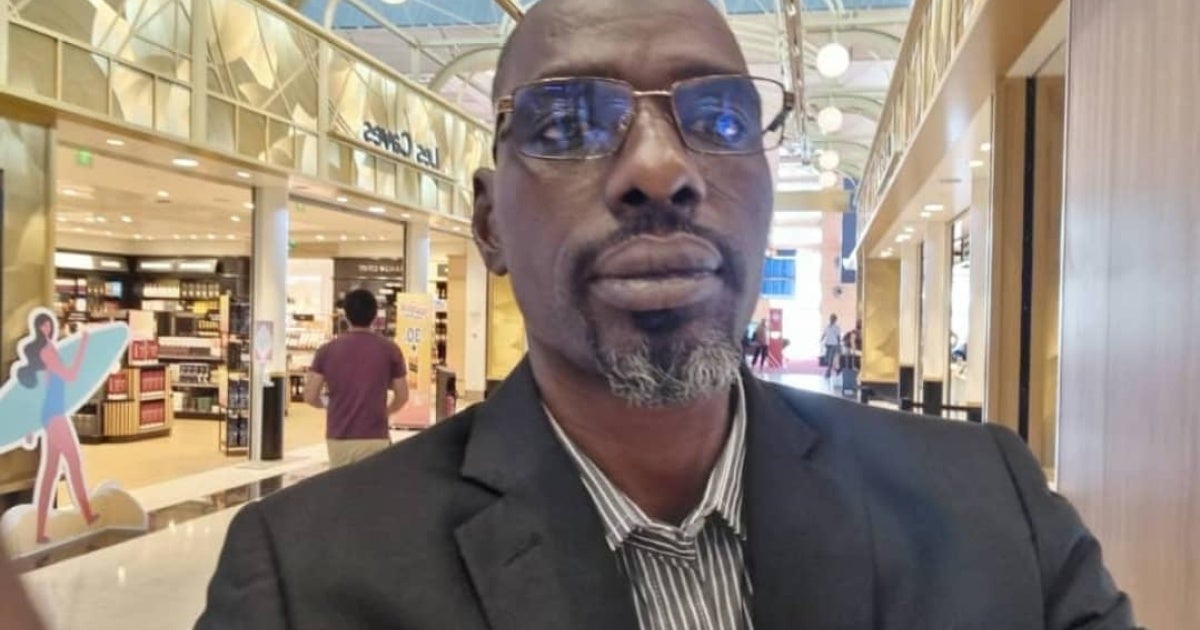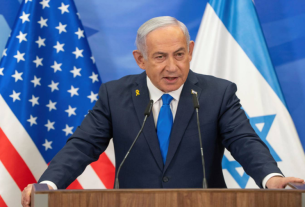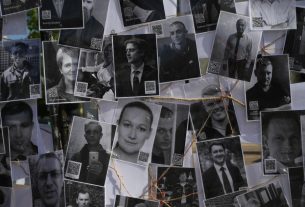On October 10, Niger’s junta leader, Gen. Abdourahamane Tiani, signed a decree provisionally removing Nigerien nationality from nine people linked to former President Mohamed Bazoum, who was ousted in July 2023 and remains wrongfully detained. The decree is based upon an earlier order establishing a database of people suspected of terrorism.
All nine held senior positions in Bazoum’s government and are all currently in exile. Among them are Rhissa Ag Boula, Bazoum’s former advisor; Karingama Wali Ibrahim, former head of the presidential guard; Gen. Mahamadou Abou Tarka, head of the High Authority for the Consolidation of Peace, which seeks to implement peace processes with rebel groups; and Amadou N’Gade Hamid and Abdou Pagoui Hamidine, both former cabinet members.
The decree accuses the nine people of “conducting activities likely to disturb public peace and security” and “conspiracy against the State and treason,” among other charges. In September 2023, the junta had issued wanted notices against 20 personalities in Bazoum’s government, including some now deprived of their nationality.
“Niger is drifting,” Abdou Pagoui, the former cabinet member, told Human Rights Watch. “Otherwise, how can you explain that in a country facing security challenges, including terrorism, rebellions and cross-border banditry, a political opponent is more dangerous than a terrorist or a rebel leader?”
Human Rights Watch has expressed concerns about the terrorism database not meeting international human rights standards by setting overbroad criteria for inclusion, depriving those listed of due process, and lacking an adequate mechanism to appeal. It also jeopardizes privacy rights and increases the risk of statelessness. Niger is a party to the United Nations Convention on the Reduction of Statelessness, which prohibits depriving someone of their nationality if it would leave them stateless. One of those affected said eight out of the nine people stripped of their nationality only possess a Nigerien passport.
Without nationality, individuals and their families could be deprived of legal and social protections abroad and prevented from returning to Niger, which is their right under international human rights law. The authorities should stop playing politics with the rights of citizens, revoke the decree, and suspend the use of the terrorism database.



